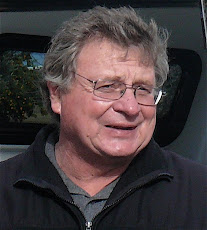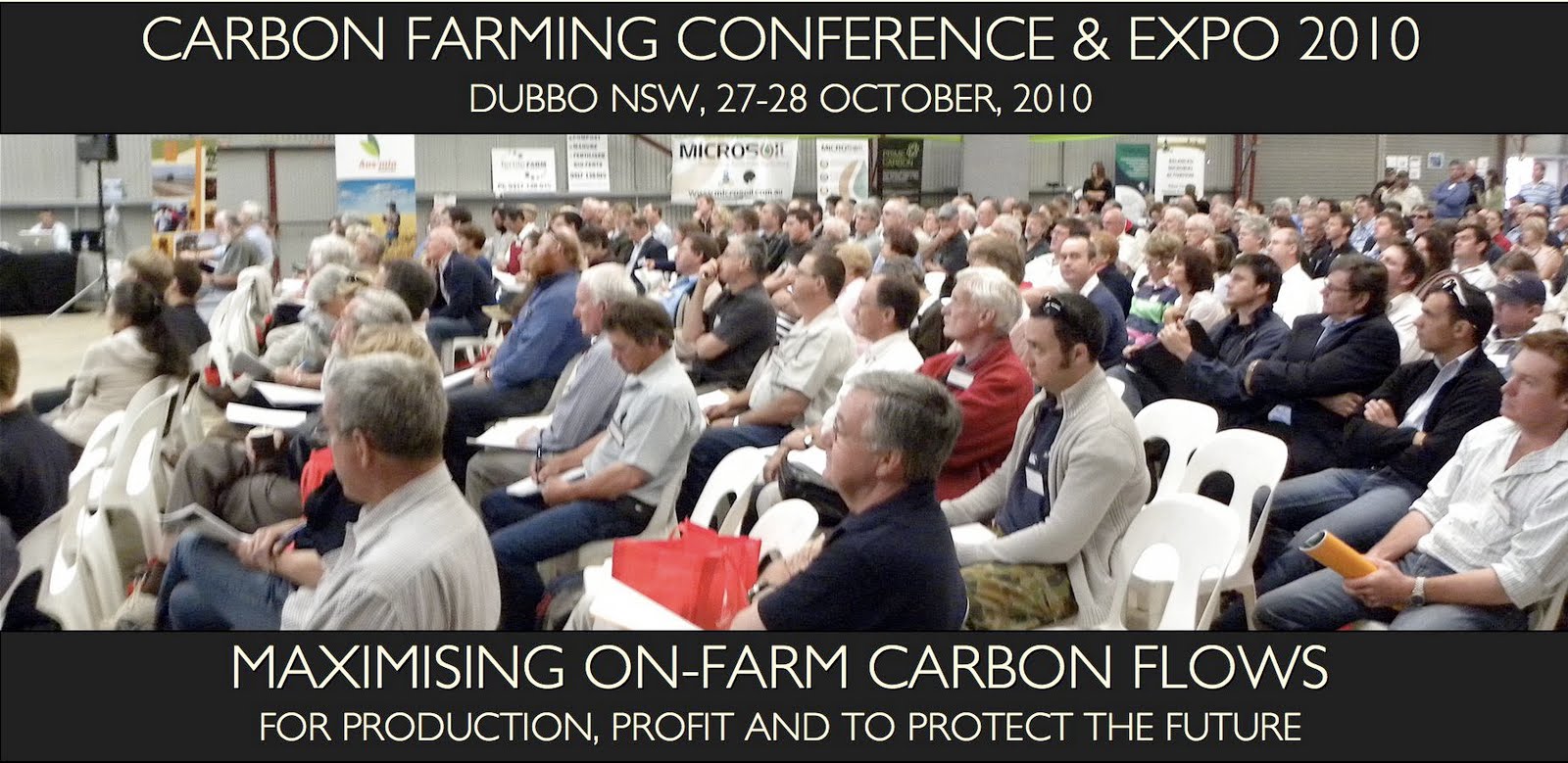The signs are good for soil carbon trading in 2009. The year that the world community discovered food security and soil carbon. The year the Australian Government promised it would launch a voluntary market. The year we will discover if our leaders can lead.
Can you answer the following questions?
Will the coalition of the FAO, World Bank, the EU, the USA, the IFAP* and 14 other nations succeed in convincing the other nations meeting in Copenhagen this December to change the Kyoto Protocols to exploit Agriculture's massive capacity to sequester carbon in soils?
Why are Australia and New Zealand the only countries considering imposing penalties of agriculture for emissions arising from the production of food?
Why has the "Push Back" from government research bodies against soil carbon trading become so aggressive?
Why is there so much attention paid to the fractions of soil carbon when trading requires only the delta of Total Organic Carbon between two points of time?
Why are the many benefits of low input/low cost carbon farming - including improved water usage, reduced salination, better soil structure, less erosion, higher fertility, improved biodiversity, greater resilience - not enough to attract the support of government agencies (whose responsibilities cover these areas) for a polluter-funded soil credit incentive??
Are the standards for measuring soil carbon for scientific purposes sufficient for trading purposes? If not, why should standards for trading be higher than those considered sufficient for science?
*International Federation of Agricultural Producers - has 6 million members worldwide, including members of all organisations in Australia affiliated with the NFF.
Will The Government Steal $12 billion From Australian Farmers?
The Garnaut Inquiry Final Report estimates that Australian soils can sequester conservatively, 600 million tonnes of CO2e pa. At $20/tonne, that is a $12 billion incentive for Australian farmers to change their land management and adopt carbon farming. That money can save rural communities; it can save family farming; it can save rural landscapes and restore soils. And, as Garnaut sees it paid for between 25-50 years, it can help Agriculture prepare for and even prosper in the dryer, hotter future we are assured is coming. Or - as it did with the Native Vegetation Laws - will the Government 'nationalise' the soil carbon to pay its Kyoto bills? Who owns the carbon in the soil?
3 billion tonnes/year for 50 years, says world expert

Agricultural Soil can sequester 3 billion mt of CO2e per year for the next 50 years, equivalent to a draw-down of 50 parts per million of atmospheric CO2 by 2100, according to Dr Rattan Lal, the world's most eminent soil carbon authority.
The Soil Carbon Mårket Is Open For Business
.jpg)
Prime Carbon's Ken Bellamy has walked the walk while others talked. He has combined his expertise in the environmental application of probiotics with soil enhancement and municipal waste management issues.
The Matrix: A Soil Carbon Solution

Brian Murphy, Senior Soil Scientist, Departmentof Environment & Climate Change, introduces the Matrix, a method for making soli carbon more easily mapped and measured.
The $20m Dollar Man

Jeff Baldock, Senior Research Scientist, CSIRO is in charge of the 13 soil carbon research projects funded earlier this year.
The Future of Soil Science Looks Like This

Sydney University's Ischani Wheeler reveals the progress of Prof. Alex. McBratney's 'secret soil carbon measurement machine'
How The Industry Bodies See The Future

Bryan Clark from the Grain Growers Association has been closely involved in negotiations leading up to the Copenhagen Round of Talks...
Water Needs Carbon, Carbon Needs Water

Controversial Peter Andrews is famous for 30 years of campaigning for a radica approach to water management that aims to rehydrate the landscape. There is a major initiative underway to have Peter's theories widely applied
Soil Biology's Evangelist

Maarten Stapper was ahead of most of his contemporaries in identifying soil biology and the processes of nature as keys to a new view of soil management.
























